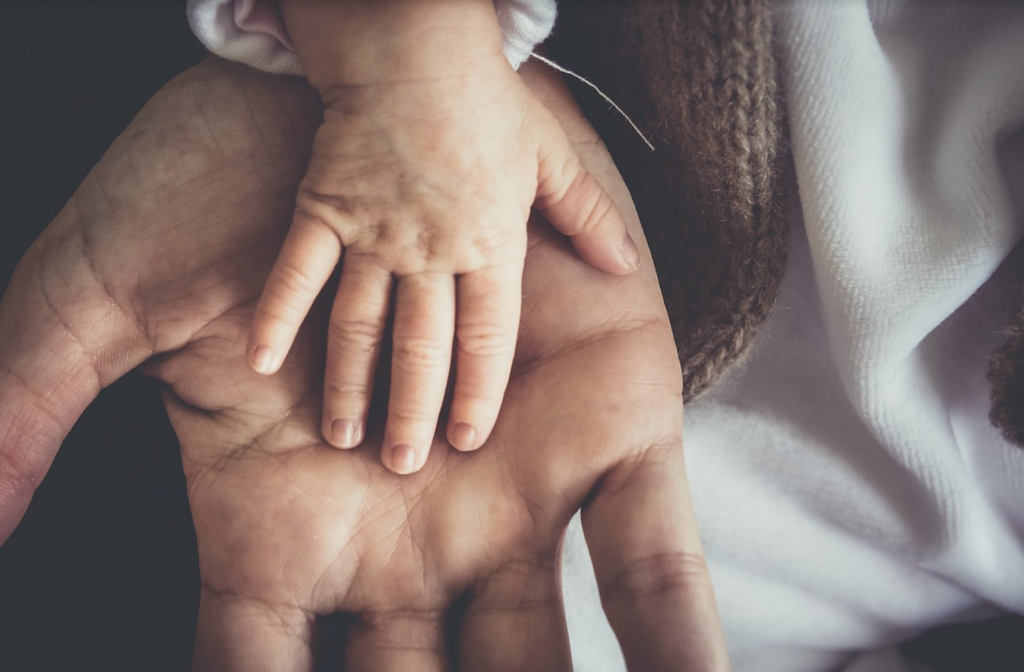Courts in Indiana always consider the best interests of the children when deciding custody matters. The courts don’t favor mothers over fathers or vice versa and tend to take the approach that a relationship with both parents is in the best interests of children unless one of the parents is deemed unfit. Even in such cases, the courts may attempt to protect a potential relationship between parent and child by ordering limited supervised visitation or other arrangements.
If you’re worried about your parental rights or the ability to maintain custody of your children, you might be worried that the other parent will try to claim that you are unfit. On the other hand, you may believe that your child’s other parent is unfit and it’s not safe for them to live with him or her for extended periods of time. In either of these cases, working with a child custody lawyer can help you protect your parental rights and the best interests and safety of your children.
What Does it Mean to be an Unfit Parent?
An unfit parent is a person who is unable to provide appropriate care and support for a child or children.
They may be unable to do so for a variety of reasons, including:
- Current life situations. If a parent doesn’t have the income or stability to provide a safe, secure home for their children, they may not be fit to have custody. Unemployment, homelessness, and lifestyle issues such as substance abuse or gambling addictions could lead to this type of situation.
- Physical health issues. When a parent is dealing with severe physical health issues that leave them unable to care for the needs of their children, they may not be able to get custody. This would typically be limited to extreme cases where a parent is bedridden or otherwise unable to oversee children and provide safe guidance and care to them.
- Mental or emotional challenges. If a parent is facing mental health issues to the point they are a danger to themselves or their children, they may not be fit to care for children on their own. This can include substance abuse and addiction.
How Do Indiana Courts Determine a Parent Unfit?
The courts take family matters seriously and don’t arbitrarily make decisions about whether parents are fit or unfit. They carefully consider evidence and arguments in each case before ordering certain custody arrangements or involuntary termination of parental rights.
Before the courts can consider the case, though, it must be brought before them. One parent or another adult concerned about the children, such as a grandparent, can accuse someone of being an unfit parent and make a case for this before the court. In some cases, a local or state agency may bring such considerations before the court, such as when Child Protective Services gets involved in a case.
Courts will consider a variety of evidence when determining if a parent is unfit. That may include:
- Testimony. Witnesses may give testimony about the way a parent cares for (or does not care for) a child, the state of the living situation in the home, and other factors that are relevant to a parent’s ability to support and care for a child.
- Medical records. The court may review medical records for the child or the parent in question. The child’s medical records might be used to demonstrate that a parent is not keeping the child safe and well (or that they are). The parent’s medical records might be used to prove a mental or physical condition that is a factor in whether the parent is unfit or not.
- Video and photo evidence. Both sides may present images or videos demonstrating their claims in the matter.
- Written records. Police reports, CPS reports, and any other written records may be used to back up arguments that a parent is unfit (or not).
What Happens if You’re Deemed an Unfit Parent?
The courts may decide between a variety of outcomes in cases where one or both of the parents is deemed unfit. If both parents are deemed unfit to care for a child, the child may be put into foster care or an adoption situation.
If one parent is deemed unfit, the court may change child custody orders to reflect this fact. That might mean that the parent loses all custody rights or that they can only see the children under supervised visitation. In some cases, the parent may not be deemed dangerous to the children but the court may believe that they are unable to care for children over a lengthy period of time. This might result in a custody arrangement where the parent has weekend visitation rights or a visitation schedule that doesn’t involve any overnights.
As you can see, the outcome of each case can vary widely. That’s why it’s important to have a family law professional on your side. Whether you’re worried about your own parental rights or want to protect your children from an undesirable situation with their other parent, we can help. Contact the Law Office of Deidra Haynes today to find out more about our family law services.















